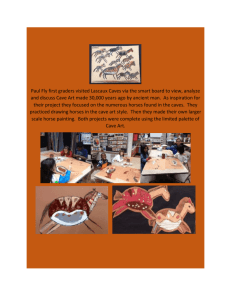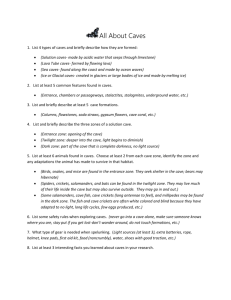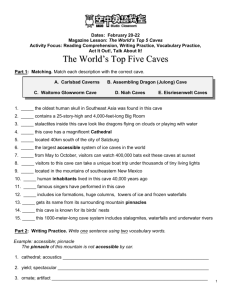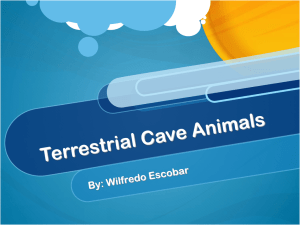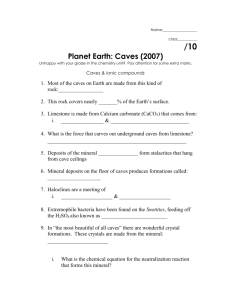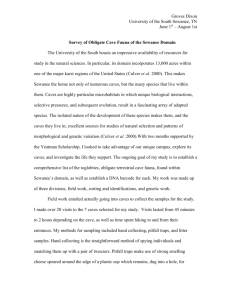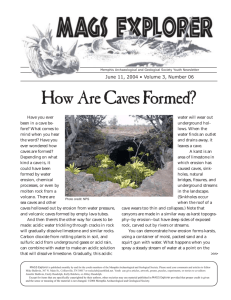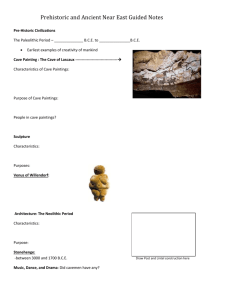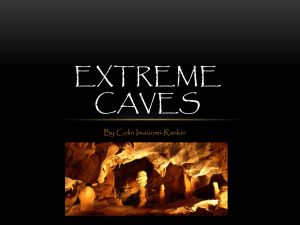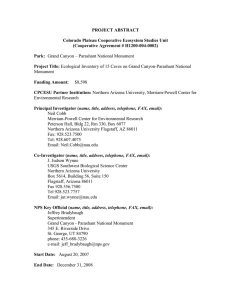Caves and Cognition: A Physical Speleologist`s Perspective
advertisement
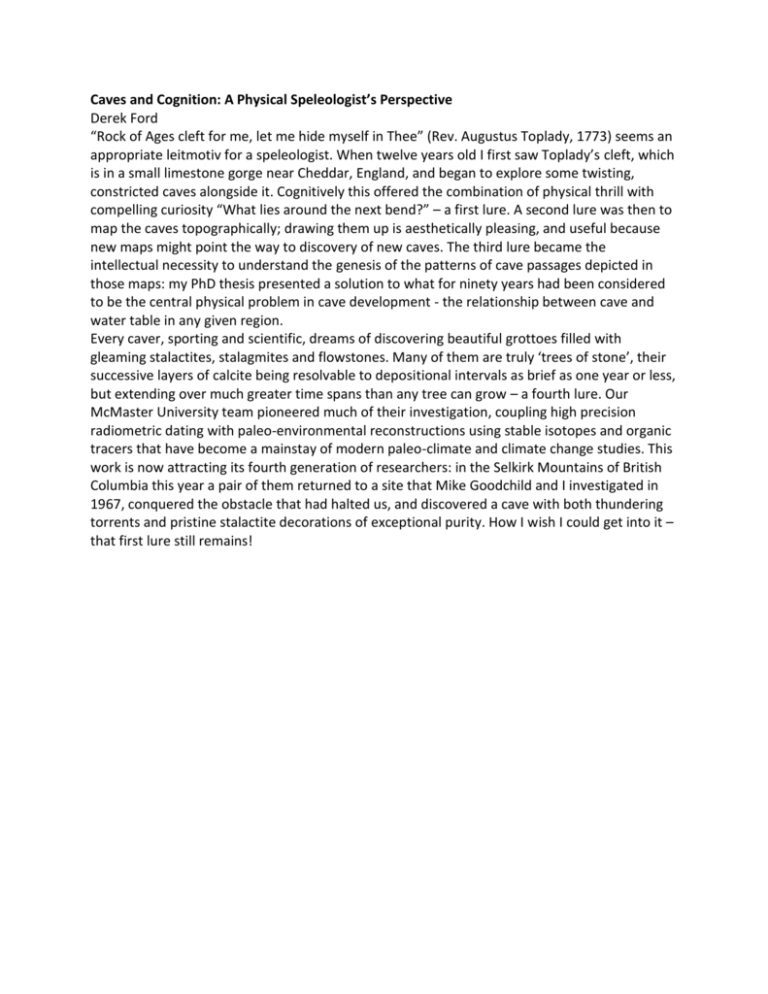
Caves and Cognition: A Physical Speleologist’s Perspective Derek Ford “Rock of Ages cleft for me, let me hide myself in Thee” (Rev. Augustus Toplady, 1773) seems an appropriate leitmotiv for a speleologist. When twelve years old I first saw Toplady’s cleft, which is in a small limestone gorge near Cheddar, England, and began to explore some twisting, constricted caves alongside it. Cognitively this offered the combination of physical thrill with compelling curiosity “What lies around the next bend?” – a first lure. A second lure was then to map the caves topographically; drawing them up is aesthetically pleasing, and useful because new maps might point the way to discovery of new caves. The third lure became the intellectual necessity to understand the genesis of the patterns of cave passages depicted in those maps: my PhD thesis presented a solution to what for ninety years had been considered to be the central physical problem in cave development - the relationship between cave and water table in any given region. Every caver, sporting and scientific, dreams of discovering beautiful grottoes filled with gleaming stalactites, stalagmites and flowstones. Many of them are truly ‘trees of stone’, their successive layers of calcite being resolvable to depositional intervals as brief as one year or less, but extending over much greater time spans than any tree can grow – a fourth lure. Our McMaster University team pioneered much of their investigation, coupling high precision radiometric dating with paleo-environmental reconstructions using stable isotopes and organic tracers that have become a mainstay of modern paleo-climate and climate change studies. This work is now attracting its fourth generation of researchers: in the Selkirk Mountains of British Columbia this year a pair of them returned to a site that Mike Goodchild and I investigated in 1967, conquered the obstacle that had halted us, and discovered a cave with both thundering torrents and pristine stalactite decorations of exceptional purity. How I wish I could get into it – that first lure still remains!
